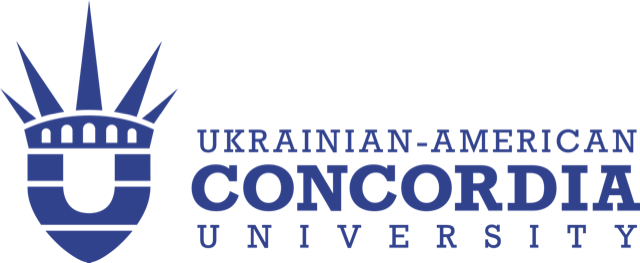The world is enthusiastically discussing the possibilities of using AI in various fields. The use of AI in education is currently controversial, but it is clear that the current wave of artificial intelligence development is already changing educational tools and transforming educational processes. In particular, UNESCO emphasizes that it is crucial to have a conversation about the role of AI in overcoming inequalities in access to knowledge, research, and diversity of forms of cultural expression, as well as to ensure that artificial intelligence does not increase technological gaps within and between countries. The slogan “AI for all” should be that everyone can take advantage of technological innovation and gain access to its fruits, particularly in terms of innovation and knowledge.
So what trends can be singled out (far from all, but those that were most actively discussed at the meeting of university teachers, taking into account experience, the specifics of the subject, and personal preferences regarding the presentation of the material)?
Universal access for all students – AI can make it easier to create global classrooms accessible to everyone, including those who speak different languages or are visually or hearing impaired.
Assistance in the technical support of the educational process, e.g., the use of AI to analyze the uniformity of the load, search for “gaps” in the material, test tasks for self-checking, etc. Also, AI can make it easier for teachers to create new courses through interactive support and the ability to improve templates flexibly and quickly analyze the most complicated topics for students. Thus, Coursera already implements this – when many students give wrong answers to their homework, the system alerts the professor. It offers prospective students personalized messages that contain hints about the correct answer.
Opportunities to diversify tasks and increase the “creative” component, including the use of AI to develop skills in the precise formulation of search queries and analyzing data, followed by their processing and interpretation (criticism). Also, that increased possibilities of “gamification” of the educational process, in particular, the use of AI to visualize cases or approbate various scenarios of the development of events.
Opportunities, as well as challenges, become more with each new improvement of the proposed AI systems. However, UACU’s lectures are convinced that we should not resist changes but lead them. Therefore, the discussion held is only the beginning of the implementation of AI in the educational processes of the university to improve the quality of the educational process, which will include, among other things, the training of all its participants (teachers and students) and joint testing of the innovations.

